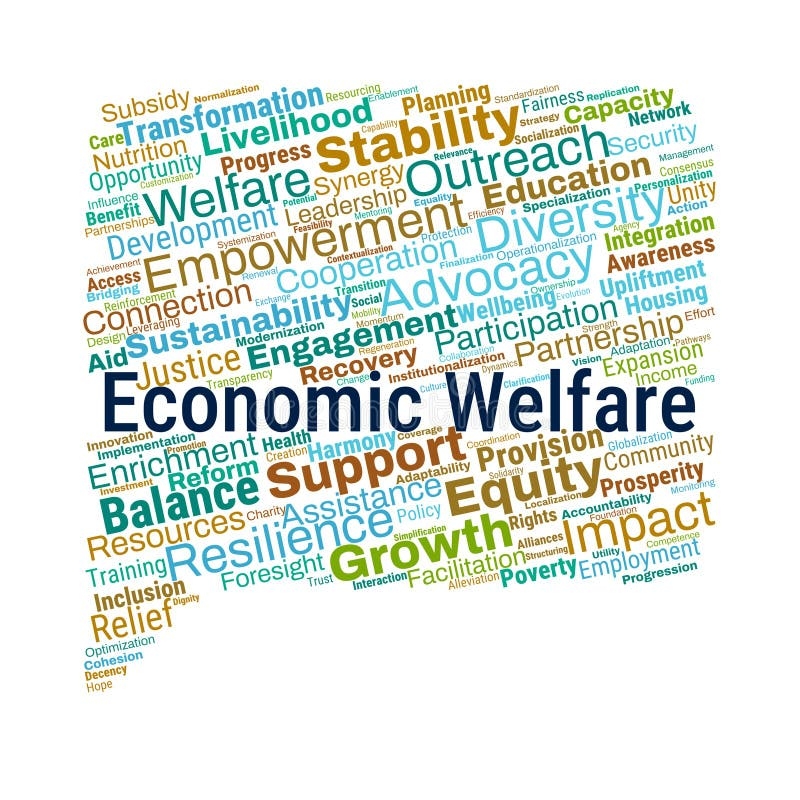When it comes to understanding the complex world of economics, it’s important to be familiar with the various terms and concepts that are commonly used in the field. Whether you’re a student studying economics or a business professional looking to improve your financial literacy, having a solid grasp of economic terminology can be incredibly beneficial.
In this article, we will explore a list of economic terms that are essential for anyone looking to navigate the world of finance and economics. From basic concepts like supply and demand to more complex ideas like fiscal policy and inflation, these terms play a crucial role in shaping our understanding of how the economy functions.
List of Economic Terms:
- Supply and Demand
- Gross Domestic Product (GDP)
- Inflation
- Monetary Policy
- Fiscal Policy
Supply and demand is perhaps one of the most fundamental concepts in economics. It refers to the relationship between the availability of a particular good or service and the desire of consumers to purchase it. When supply exceeds demand, prices tend to fall, whereas when demand exceeds supply, prices rise.
Gross Domestic Product (GDP) is another important economic term that measures the total value of all goods and services produced within a country’s borders in a given period. It serves as a key indicator of a country’s economic health and is often used to compare the economic performance of different nations.
Inflation is the rate at which the general level of prices for goods and services is rising, leading to a decrease in the purchasing power of a currency. Central banks often use monetary policy to control inflation by adjusting interest rates and the money supply to influence economic activity.
Fiscal policy, on the other hand, involves the government’s use of taxation and spending to influence the economy. By adjusting tax rates and government spending, policymakers can stimulate economic growth or curb inflation, depending on the prevailing economic conditions.
In conclusion, having a strong understanding of economic terms is crucial for anyone looking to make informed decisions in the world of finance. By familiarizing yourself with concepts like supply and demand, GDP, inflation, monetary policy, and fiscal policy, you can gain valuable insights into how the economy works and how it impacts your daily life.
